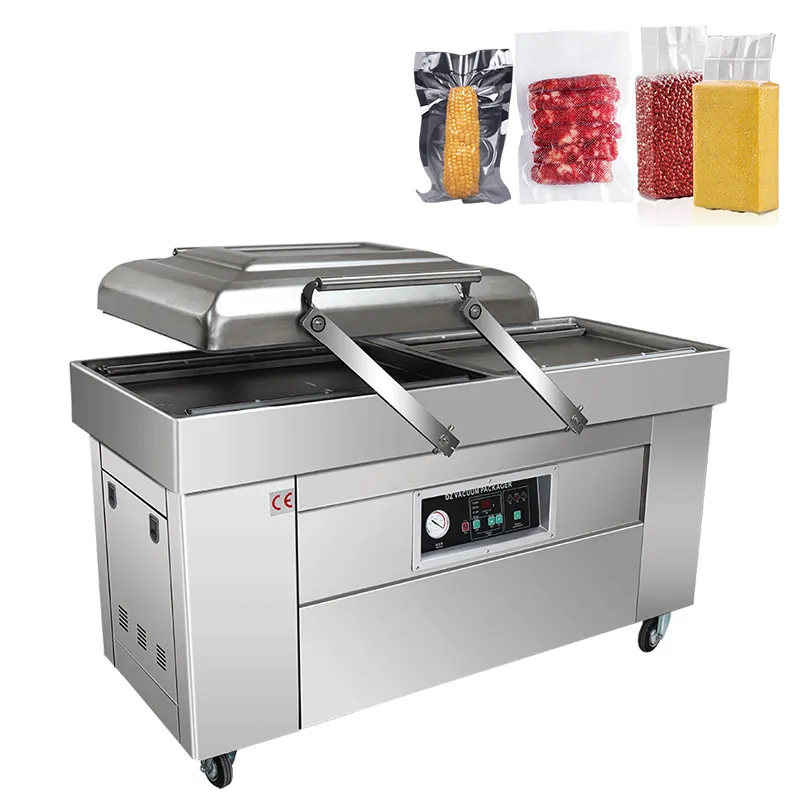Easy-to-Use Chicken Coop Watering Solutions for Happy Healthy Birds
Nov . 06, 2024 19:09 Back to list
Easy-to-Use Chicken Coop Watering Solutions for Happy Healthy Birds
The Importance of Proper Watering Systems for Chicken Coops
Keeping chickens is a rewarding venture, providing fresh eggs, companionship, and a natural pest control method. However, to keep your flock healthy and productive, it is essential to ensure that they have access to clean and adequate water. One of the key elements of chicken husbandry is an effective watering system for your chicken coop. This article explores the importance of a well-designed waterer, types of waterers available, maintenance tips, and factors to consider for optimal water accessibility.
Why Proper Watering is Essential
Water is a critical component of chicken health; it plays a vital role in their digestion, metabolism, and overall well-being. Chickens are susceptible to dehydration, especially during the hot summer months. Dehydration can lead to a decline in egg production, heat stress, and, in severe cases, mortality. Additionally, clean water promotes healthier birds and can reduce the likelihood of disease outbreaks in your flock.
Types of Chicken Coop Waterers
When considering a watering system for your chicken coop, there are several types you can choose from, each with its benefits and drawbacks
1. Nipple Waterers Nipple waterers are designed to minimize water spillage and keep the coop dry. They work by allowing chickens to peck at a nipple, releasing a small amount of water. These systems are low maintenance and help to keep the water clean, reducing the risk of contamination.
2. Bell Waterers These are traditional water containers where chickens can access water at their leisure. They are easy to fill but may require more frequent cleaning, as they can become dirty or contaminated more quickly.
3. Gravity-Fed Waterers Gravity-fed systems can provide a constant supply of water by utilizing a larger reservoir. These are often used in larger flocks but may take up more space and be more challenging to clean than smaller systems.
4. Automatic Waterers These models use a float system to refill the water based on the levels needed and can be connected to a garden hose for continuous supply. They are convenient for those looking for a low-maintenance option but may require a bit more investment.
Maintaining Your Waterer
chicken coop waterer

Regardless of the type of waterer you choose, maintenance is key to ensuring your chickens have access to clean drinking water. Here are several maintenance tips
- Regular Cleaning Waterers should be cleaned at least once a week, but more frequently in hot weather or if you notice debris or algae growth. Use a diluted vinegar solution to eliminate bacteria and odors.
- Check Water Levels Daily Chickens can drink a substantial amount of water daily, particularly during hotter months
. Ensure that their waterer is filled and functioning properly, changing the water if it's dirty.- Inspect for Leaks Regularly check your watering system for any leaks or blockages. This can help prevent water waste and ensure your chickens have a reliable water supply.
Factors to Consider
When setting up a watering system for your chicken coop, consider the following factors
- Number of Chickens The size of your flock will dictate the type and number of waterers you need. Larger flocks may require multiple water stations to ensure all birds have access.
- Weather Conditions In cold climates, consider using heated waterers to prevent freezing during winter. Conversely, in hot climates, ensure waterers can be shaded to keep water cool.
- Usage and Accessibility Make sure that the waterers are accessible to all chickens, especially younger or smaller birds. Design your water placement to avoid bullying or exclusion from more dominant hens.
Conclusion
The health and well-being of your chickens largely hinge on their access to clean and adequate drinking water. By investing in a quality watering system, you can reduce the risk of dehydration and associated health issues. Regular maintenance will ensure that the water remains clean and palatable, promoting a thriving flock. In summary, taking the time to select and care for your chicken coop waterer is an investment that pays off with healthier, happier chickens and abundant egg production.
-
Hot Sale 24 & 18 Door Rabbit Cages - Premium Breeding Solutions
NewsJul.25,2025
-
Automatic Feeding Line System Pan Feeder Nipple Drinker - Anping County Yize Metal Products Co., Ltd.
NewsJul.21,2025
-
Automatic Feeding Line System Pan Feeder Nipple Drinker - Anping County Yize Metal Products Co., Ltd.
NewsJul.21,2025
-
Automatic Feeding Line System - Anping Yize | Precision & Nipple
NewsJul.21,2025
-
Automatic Feeding Line System - Anping Yize | Precision & Nipple
NewsJul.21,2025
-
Automatic Feeding Line System-Anping County Yize Metal Products Co., Ltd.|Efficient Feed Distribution&Customized Animal Farming Solutions
NewsJul.21,2025






